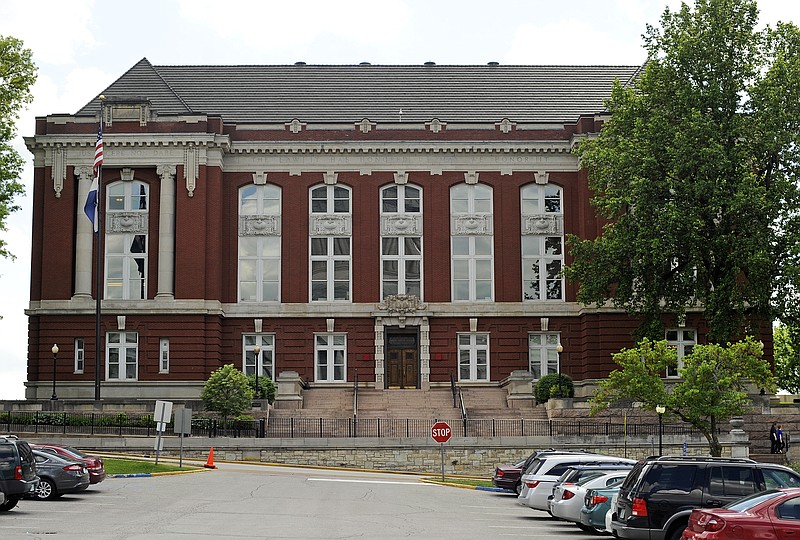[<a href="https://www.newstribune.com/news/health/" style="color:#33AEFF">access the News Tribune Health section</a>]
Though Missouri's courts remain open for necessary business, the Supreme Court of Missouri on Wednesday announced it had extended its statewide suspension of most in-person court proceedings to help address the COVID-19 pandemic.
The Supreme Court extended the suspension through April 17.
The court's order was issued and became effective Sunday.
The suspension of in-person proceedings does not apply to proceedings about protecting the constitutional rights of criminal defendants; juvenile delinquency and abuse, neglect, and termination of parental rights; adoption; civil or criminal jury trials already in progress as of March 16; orders of protection; emergency child custody orders; temporary restraining orders or other forms of temporary injunctive relief; emergency mental health orders; emergency guardianship or conservatorship; matters directly related to the COVID-19 public health emergency; time-sensitive oral arguments; and other exceptions approved by the chief justice of the Supreme Court.
However, "While the listed proceedings can be held in person and must be if alternative technologies are not suitable or available, judges are encouraged to utilize all available technologies - including teleconferencing and video conferencing - to further limit in-person courtroom appearances to the extent not prohibited by the constitution or statutes as to these proceedings," according to the order.
Decisions about how listed in-person proceedings are to be conducted are ultimately left to the presiding judge of each of Missouri's 115 circuit courts and the chief judges of each of the three appellate court districts.
The order also "does not affect a court's ability to consider or rule on any matter that does not require an in-person court proceeding, and judges are encouraged to utilize all available technologies - including teleconferencing and video conferencing - to conduct suspended in-person proceedings remotely."
Presiding Cole County Circuit Court Judge Patricia Joyce said in a Wednesday statement in response to the Supreme Court's order, beyond the kinds of previously listed cases scheduled through April 17 that will be heard by the courts, "all other matters will be continued to a future date."
For adult criminal defendants, Joyce specifically said scheduled in-person bond and release hearings are not suspended, and for juveniles, in-person detention and protective custody hearings scheduled through April 17 are not suspended.
Joyce urged parties to check CaseNet for court dates, as well as contact their attorneys to check whether they need to come to court on a scheduled date. Parties without attorneys can ask the same question of the Circuit Clerk's office.
Filing deadlines are not suspended, and parties without attorneys can also contact the Circuit Clerk's office about that.
Joyce directed people to contact the circuit clerk's office by email when at all possible, at [email protected] and to include the case number or numbers when at all possible; "Using email provides a record of your contact."
Those without access to email may call the circuit clerk's office at 573-634-9171.
Orders of protection and other court forms are available at colecounty.org/348/Court-Forms.
The Supreme Court also on Wednesday "enacted emergency procedures for administering oaths or affirmations during the pandemic," according to a news release from Supreme Court spokeswoman Beth Riggert.
"To the extent necessary and as a precautionary measure, the Court hereby suspends any local or Missouri Supreme Court rule that may be interpreted to require administering any oath or affirmation in-person when such oaths or affirmations can be administered remotely by available technologies, including videoconferencing or teleconferencing, and is not otherwise prohibited by any statutory or constitutional provision," according to that order.
The order added the change in rules related to oaths will remain in effect until a further order by the court.

